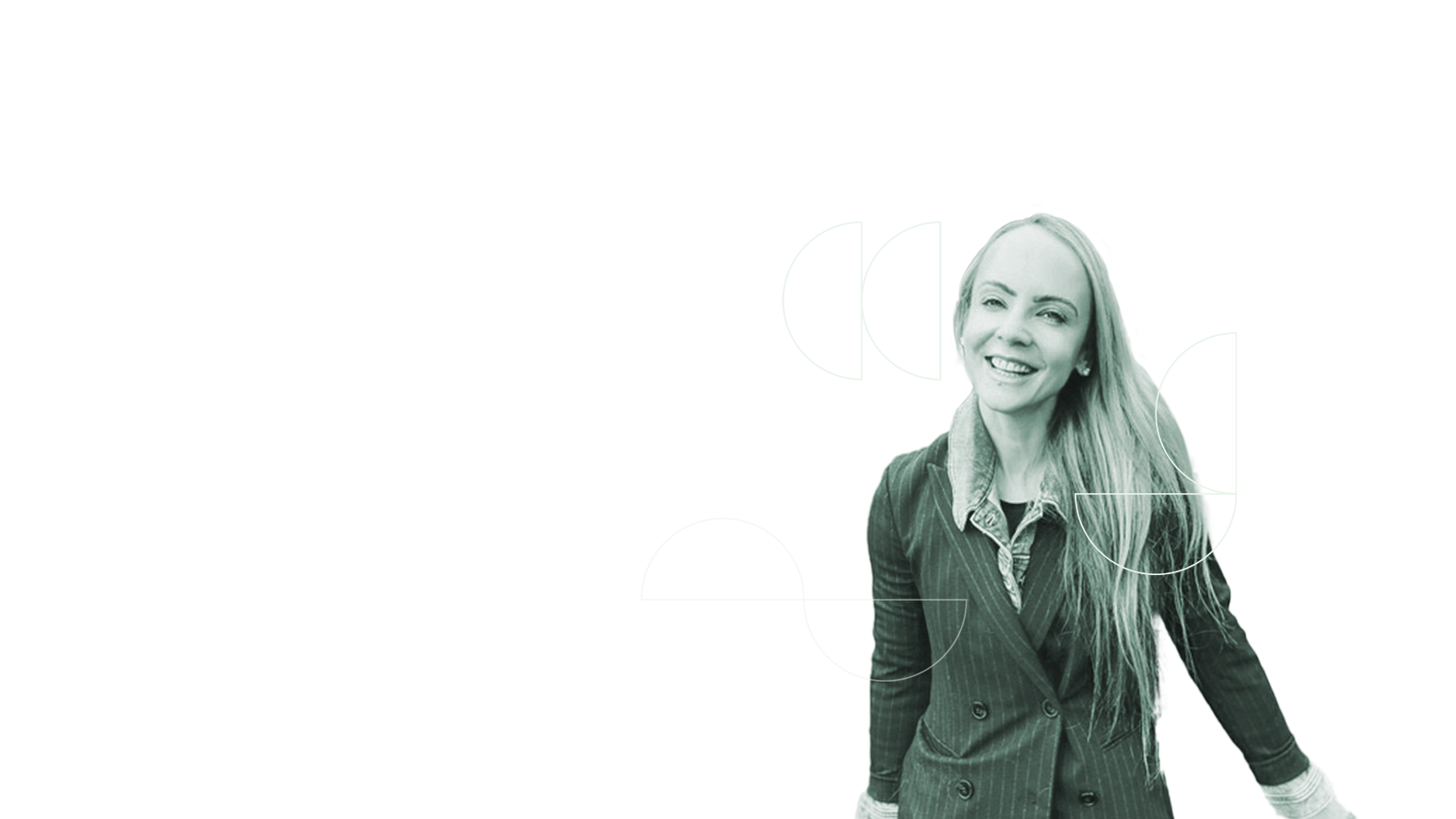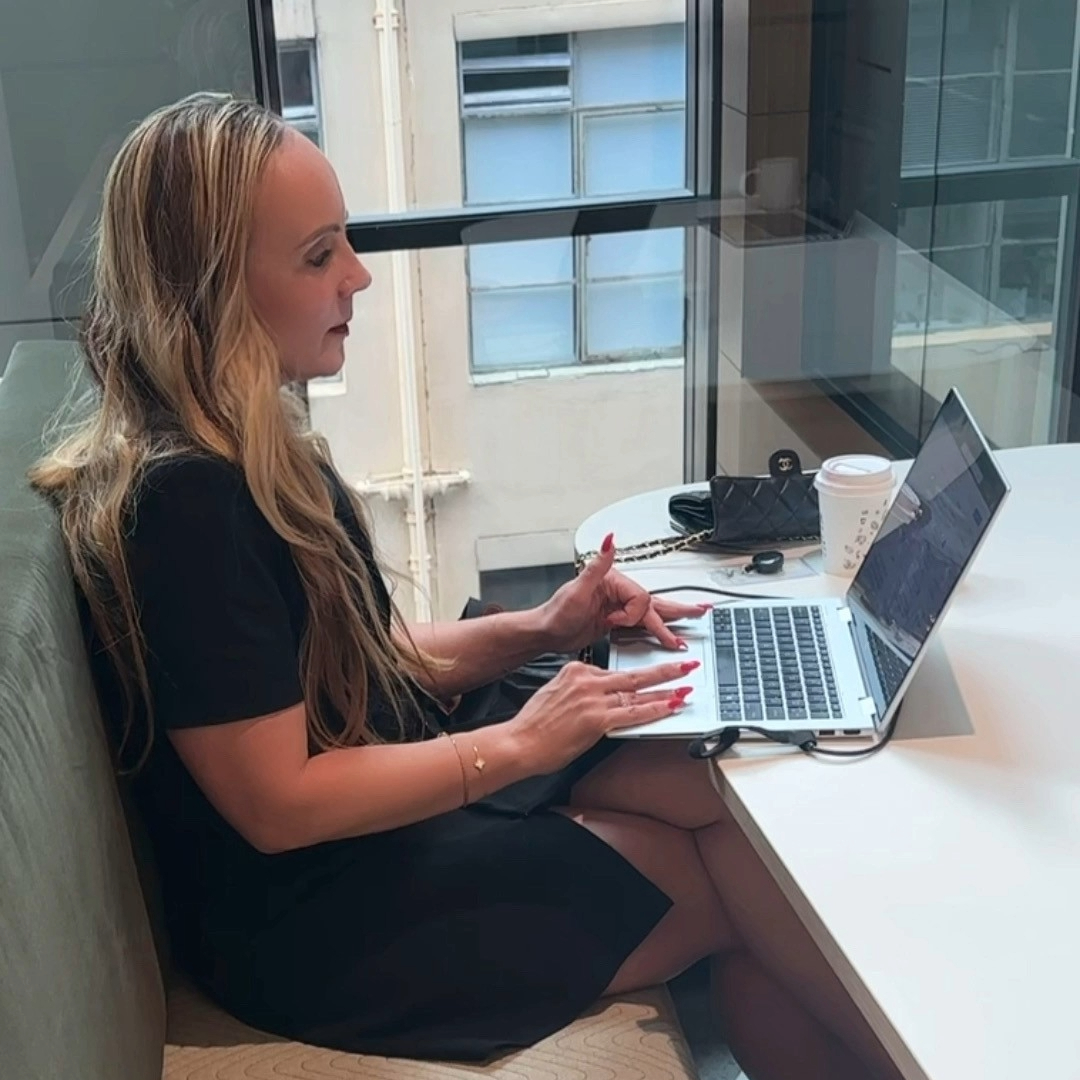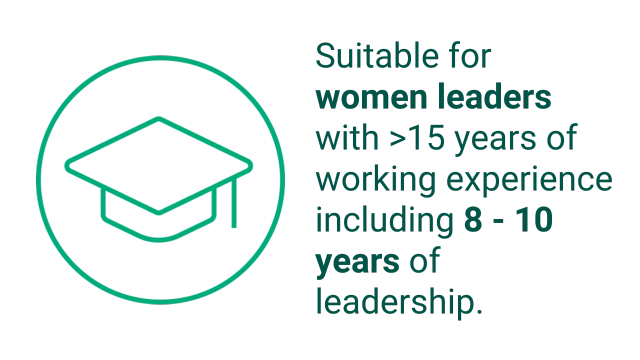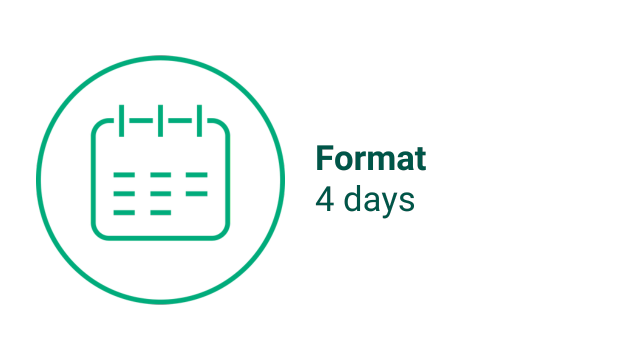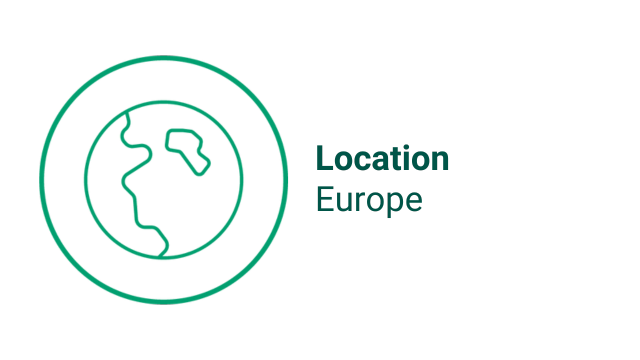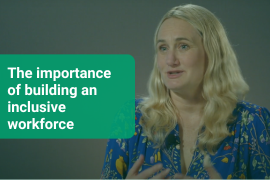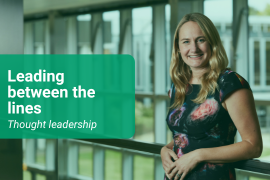Rachel Anne Woodhatch-Field
WLP'22
Australian
Having spent over 20 years in Human Resources, Change, and Transformation across a range of industries, I’ve always strived to develop my leadership capabilities and help companies establish or transform their people functions and teams, aligning them more effectively with strategic objectives while strengthening internal leadership governance and building people capability. My career spans diverse sectors, including Technology, Professional Services, Aviation & Defence, Medical Devices, and more, with deep expertise in global and APAC corporate HR.
I am particularly passionate about empowering both women and men at all levels of an organisation and have always sought opportunities to enhance and promote diversity, equity and inclusion.
I graduated from the Australian Institute of Company Directors and hold an MBA, complemented by postgraduate and undergraduate qualifications in Commerce with a focus on Human Resources, Marketing, and Management. In 2021, I was privileged to be among the early international cohorts to attend INSEAD’s Women Leaders Programme in Fontainebleau, France.
What role do senior leaders play in fostering an inclusive environment that empowers women?
Leaders today across all levels play a pivotal role in cultivating inclusivity by setting the tone for effective leadership, and modelling behaviours and standards that inspire others to follow.
Inclusive leaders empower their teams by valuing diversity, recognising contributions, and fostering an atmosphere where employees feel heard, appreciated, and encouraged to take risks. They prioritise flexibility, balance, and agility, enabling individuals to thrive both professionally and personally. By selecting and nurturing capable talent, providing growth opportunities, and challenging the status quo, they unlock the potential within their teams.
Importantly, these leaders create space for regular engagement, reflection, feedback, recognition and collaboration.
Leaders who maintain an ongoing commitment to develop careers and enable empowerment to transform organisational culture, fostering an environment where inclusivity and empowerment can truly flourish. I am deeply inspired by leaders who practice these attributes, as their actions have a lasting and positive impact on individuals and organisations alike.
How have you used your influence to support other women in achieving more in their careers?
I have always embraced a strong learning and achievement mindset, which naturally leads me to develop myself while sharing knowledge with others.
As a leader, I make this a daily practice within my team and across my organisation. I genuinely enjoy supporting the development and promotion of other women, and I would love to see more leaders actively engaging in this.
Knowledge is power, and by sharing it effectively, we empower others with the skills and understanding needed for growth, while fostering greater trust. Over the past two decades, I have supported both men and women in advancing their careers and have been an active mentor. I am always open to a coffee catch-up with those who take the initiative to reach out, building a network—or, as I like to call it, a ‘"posy of people” ’ who support their aspirations is key to achieving their goals.
What tangible steps can organisations take to create a culture of equality at the leadership level?
To create a culture of equality, organisations should implement DEI policies, metrics, and initiatives, supported by committees and internal champions.
Transparent Employee Value Proposition (EVP) offerings, remuneration frameworks, and consistent hiring practices are a great tangible start for any organisation, alongside regular surveys, 360-degree reviews, and actionable leadership feedback.
Leadership is a privilege that comes with the responsibility to empower and serve others.
Leaders must be mindful of this to avoid being perceived as self-serving, which can undermine organisational culture and create inequality. It is increasingly critical to have "healthy" leaders—those who are not only competent but also psychologically fit to lead. With psychosocial well-being now a priority for many organisations, executives, and boards, ensuring the well-being of leaders is more important than ever.
Reflecting on my early career, I realise that many examples of leadership I observed lacked inclusivity and empowerment, particularly for women and individuals with diverse perspectives. Leaders were often rigid in their thinking and too self-interested, which hindered progress.
Today, women in leadership are driving meaningful change, challenging outdated norms, and inspiring others to do the same.
Representation matters.
What advice would you give to those looking to champion women’s leadership in their organisations?
Many of the women in my cohort at INSEAD were ambitious, highly capable and eager to contribute more and grow within their organisations.
Organisations that genuinely empower and support women in this way will cultivate a culture where women not only succeed but also inspire lasting change.
More information about the programme Rachel attended:
INSEAD's Women Leaders Programme creates a unique forum where senior women leaders can address unique challenges they encounter, enhance their leadership impact and achieve lasting personal and professional growth.
Programme benefits


